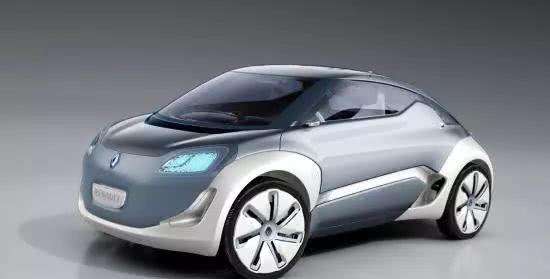
Privacy statement: Your privacy is very important to Us. Our company promises not to disclose your personal information to any external company with out your explicit permission.
According to foreign media reports, a total of 97 million new cars were delivered worldwide last year, but electric vehicles accounted for only about 2%. Although the share is small, the development is very fast. Last year, the global electric vehicle sales growth rate reached 50%. In 2018, electric vehicle sales are expected to approach 1.6 million units. According to data from Bloomberg New Energy Finance (BNEF), the manufacturing cost of electric vehicles is expected to be lower than that of traditional fuel vehicles in 2030. By 2030, electric vehicle sales will hit an all-time high every year.

Foreign media pointed out that thanks to a new set of government incentives and policies borrowed from California, China's electric vehicle sales may grow faster than anywhere else in the world. China has already occupied half of the global electric vehicle market. BNEF expects that despite the explosive growth of the global electric vehicle market, China will maintain this share. BNEF predicts that by 2025, electric vehicles will account for 19% of China's total passenger car sales, while Europe and the United States will be 14% and 11% respectively.
The media pointed out that China's success is partly due to California's Zero Emission Vehicle (ZEV) program. Although the plan is managed by the California government, the other nine states are also implementing. According to the requirements of the ZEV project, automakers must obtain new energy points by selling electric vehicles or purchase them from competitors. Each state determines the base of new energy points that each car company needs to obtain based on total sales. Each electric vehicle receives points based on its cruising range and energy efficiency. The point policy is undoubtedly a boon for electric vehicle manufacturers like Tesla, selling new energy points to traditional car companies that are unintentional or unable to sell enough electric cars, thus gaining billions of dollars in high profits.
According to the media, given that the average purchasing power of Chinese car buyers is much lower than that of the United States and Europe, the goal of completing huge electric vehicle sales is even more challenging for China. Starting next year, China will implement a new policy based on the California ZEV plan. So far, China has implemented the national new energy subsidy policy, but the subsidy is about to fall back and is gradually replaced by the new energy vehicle points system. Like the California ZEV, the system will distribute points for each zero-emission vehicle (including fuel cells and other new energy vehicles) based on cruising range and energy consumption, while allowing the vehicle to produce or trade these points.
Compared with the one-size-fits-all subsidy policy, the new policy can stimulate car companies to increase their demand for points, promote the steady growth of China's electric vehicle market, and enable Chinese regulators to respond more flexibly to market changes. BNEF wrote, “This is the most important part of the global electric vehicle policy, and it is shaping the electrification plan for automakers.”
February 13, 2023
February 10, 2023
이 업체에게 이메일로 보내기
February 13, 2023
February 10, 2023

Privacy statement: Your privacy is very important to Us. Our company promises not to disclose your personal information to any external company with out your explicit permission.

Fill in more information so that we can get in touch with you faster
Privacy statement: Your privacy is very important to Us. Our company promises not to disclose your personal information to any external company with out your explicit permission.